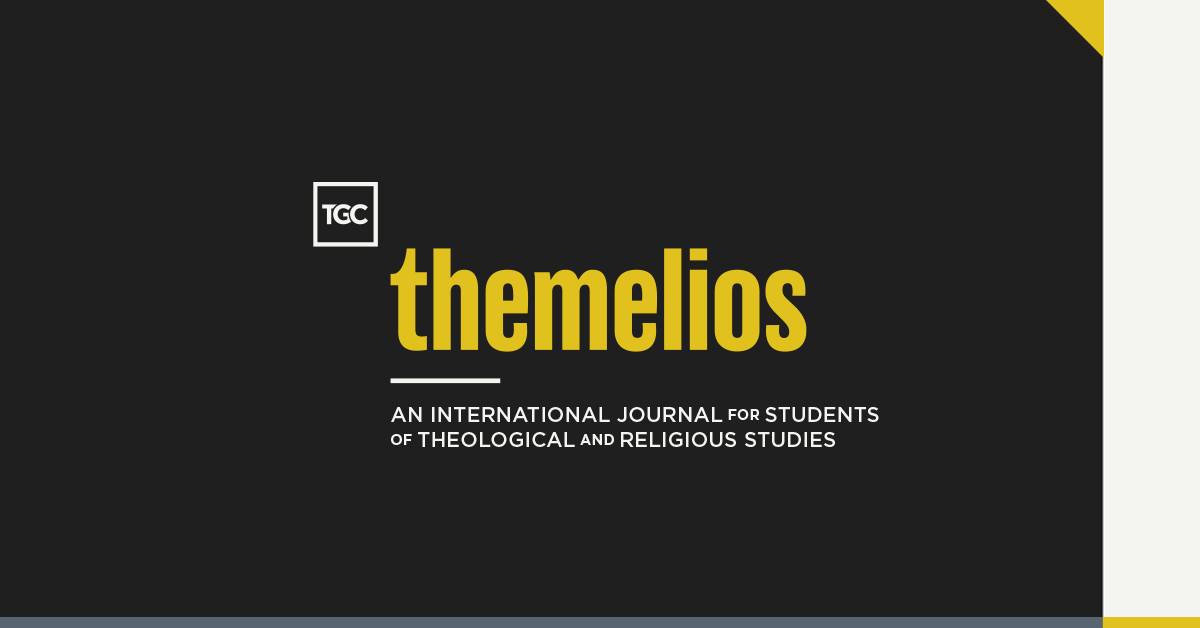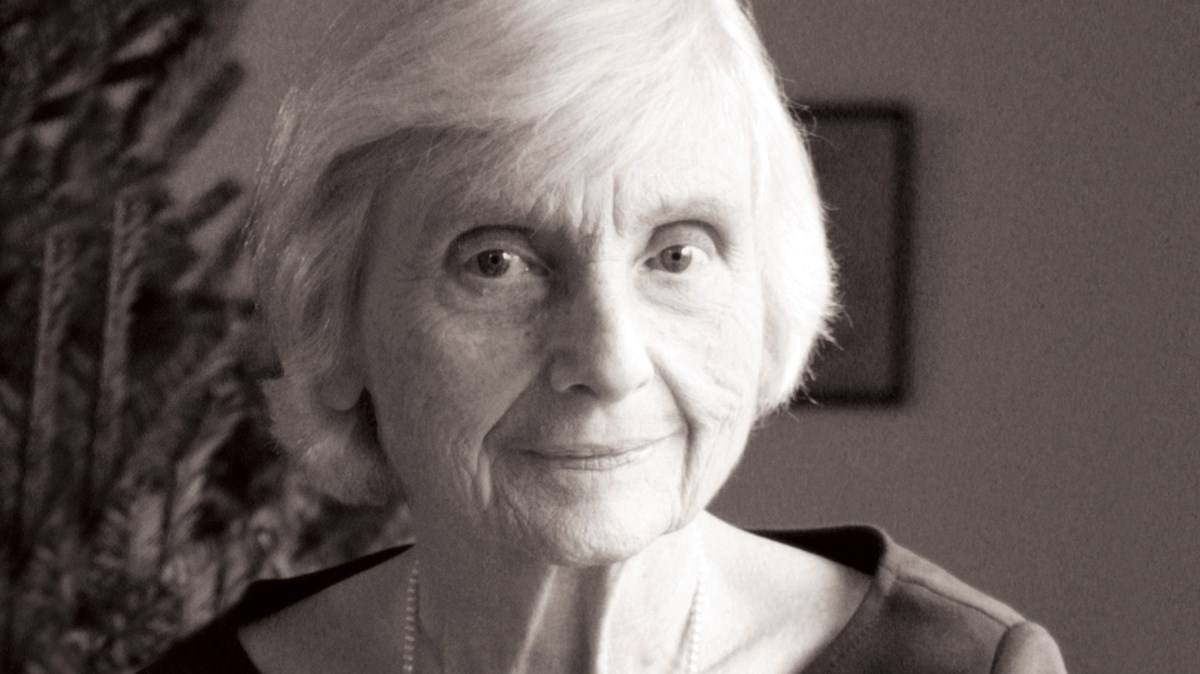- Oct 28, 2006
- 21,223
- 9,981
- Country
- United States
- Faith
- Christian
- Marital Status
- Married
- Politics
- US-Others
Well.........if you ever get the time to buy and read the book, I'd surely enjoy hearing your critique of it. Of course, I can just as easily find and read some book reviews of it and get something from those, but being that you're already coming from an egalitarian position, as does Kroeger, it'd certainly be interesting to see what your evaluation of her work may be and where it might be improved.I don't know it, so I can't really comment.
While I have one review of her work in a book from John Stott, but even though his brief comments were useful, I think he all too quickly declined from her thesis. In searching the web, I've found a review that's more accessible and fairly brief and can give you a taste of the contents of Kroeger's book, written as it was on behalf of Christian women everywhere (or in the pulpit):

I Suffer Not a Woman: Rethinking 1 Timoty 2:11–15 in Light of Ancient Evidence - The Gospel Coalition
The discussion of 1 Timothy 2:11–15 in relationship to the place of women in ministry continues unabated. Richard Kroeger (a retired pastor) and Catherine Kroeger (founder and President of Christians for Biblical Equality) have produced a fascinating and important contribution to that...
A couple of things in the early portion, in particular, are that she discusses OT priests, and ecclesiastical priesthood as it developed after about the third century, but skips right over NT and very early church elders, despite that being an important part of the Anglican understanding of priesthood.
I also thought it would have been worth mentioning the ordination to the priesthood of Florence Li Tim-Oi during WWII, and how that shaped the discussion that Lewis was participating in. It's hard for me to imagine that Lewis wrote his paper unaware of Tim-Oi and the aftermath of her ordination, or that he would have failed to see his paper as a contribution to that wider discussion.
I hadn't heard about Florence Li Tim-Oi, so I'll look this context up in the next day or two and add what I find to my current understanding. Thank you for your added insight where Winslow's article is lacking. I appreciate that!
Last edited:
Upvote
0



